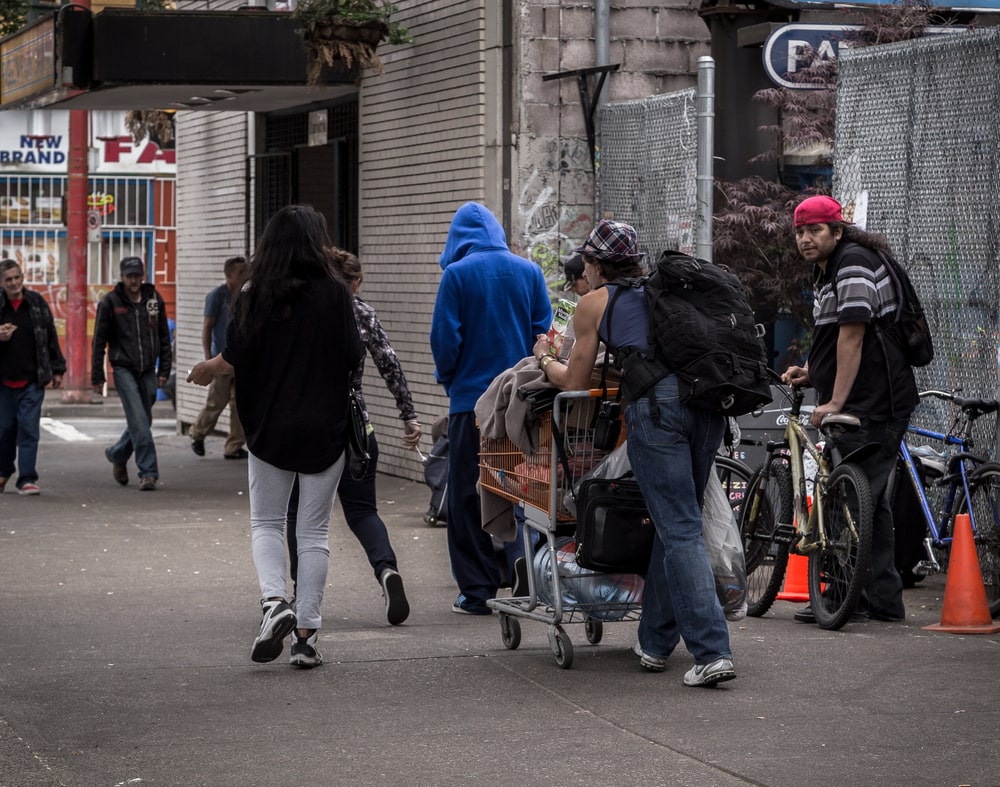Teen mental health is a critical aspect of overall well-being, yet it is deeply intertwined with socioeconomic factors. Socioeconomic disparities can significantly impact access to resources, support systems, and opportunities, influencing teenagers’ mental health outcomes. This article delves into the intersection of teen mental health and socioeconomic disparities, shedding light on the challenges faced by vulnerable populations and exploring strategies to address these disparities.
Understanding the Impact of Socioeconomic Disparities:
Socioeconomic disparities encompass a wide range of factors, including income level, education, employment opportunities, access to healthcare, and neighborhood conditions. These disparities can create significant barriers to mental health care, leading to higher rates of mental health issues among disadvantaged teens. Economic instability, lack of access to quality education, and exposure to adverse childhood experiences are just a few examples of how socioeconomic factors can impact teen mental health. Further, vulnerable populations, such as low-income families, racial and ethnic minorities, LGBTQ+ youth, and immigrants, often face disproportionate challenges when it comes to teen mental health. These populations may experience higher levels of stress, discrimination, trauma, and limited access to mental health services, exacerbating their mental health struggles.
Addressing Socioeconomic Disparities in Teen Mental Health
Addressing socioeconomic disparities in teen mental health requires a multi-faceted approach that addresses systemic barriers and promotes equity and inclusion. Some strategies include:
- Increasing Access to Mental Health Services: Expanding access to affordable and culturally competent mental health services, particularly in underserved communities, can help bridge the gap in care.
- Promoting Mental Health Education: Providing comprehensive mental health education in schools can help reduce stigma, increase awareness, and empower teens to seek help when needed.
- Investing in Early Intervention: Investing in early intervention programs that target at-risk populations can help identify and address mental health issues before they escalate.
- Addressing Social Determinants of Health: Addressing underlying social determinants of health, such as poverty, housing instability, and food insecurity, can help create environments that support teen mental wellness.
- Advocating for Policy Change: Advocating for policy changes that promote economic equity, affordable housing, access to healthcare, and anti-discrimination measures can create a more equitable society for all teens.
Socioeconomic disparities pose significant challenges to teen mental health, perpetuating inequities and limiting opportunities for vulnerable populations. By addressing these disparities through targeted interventions, education, advocacy, and policy change, we can create a more equitable society where all teens have the resources and support, they need to thrive mentally, emotionally, and socially.
Key Takeaways
- Socioeconomic disparities significantly impact access to resources and support systems, influencing teen mental health outcomes.
- Vulnerable populations face disproportionate challenges in accessing mental health care due to socioeconomic factors.
- Addressing socioeconomic disparities in teen mental health requires a multi-faceted approach that includes increasing access to services, promoting education and early intervention, addressing social determinants of health, and advocating for policy change.
For Information and Support
Every family in need of mental health treatment must select a program that will best suit the needs of their family. When one member of a family struggles, it impacts everyone in the family unit. To maximize the benefits of treatment we work closely with the entire family to ensure that everyone is receiving the support they need through these difficult times.
Seeking help is never easy, but you are not alone! If you or someone you know needs mental health treatment, we strongly encourage you to reach out for help as quickly as possible. It is not uncommon for many mental health difficulties to impact a person’s life, long term. Pursuing support at the beginning of one’s journey can put the individual in the best position to learn how to manage themselves in a healthy way so they can go on to live happy and fulfilling lives.
OUR KNOWLEDGEABLE ADMISSIONS TEAM CAN BE REACHED 24/7 AT INFO@PACIFICRTC.COM OR CALL: 800-531-5769
We are available to answer any questions you may have regarding mental health treatment and our residential program, anytime. Contact us today using the form to the right.






